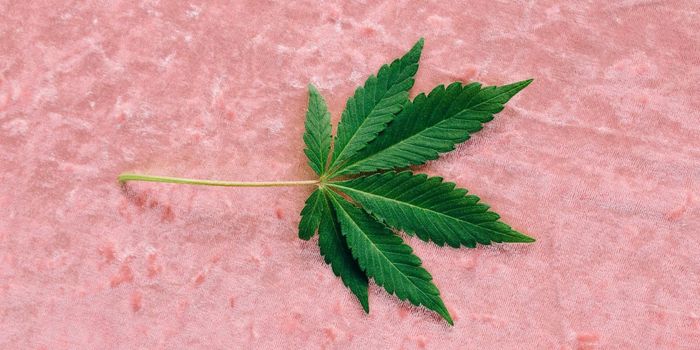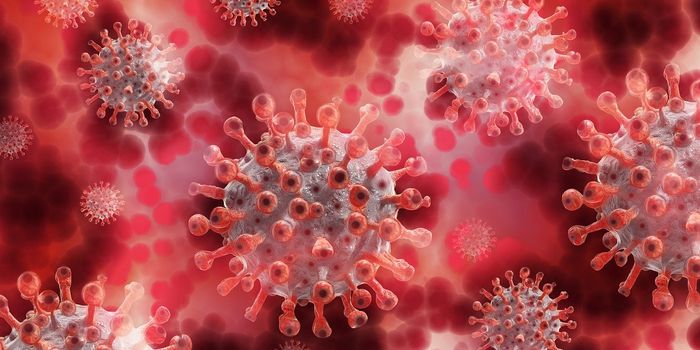Nontuberculous Mycobacterial Infections in Tattoos
Contracting an infection when getting a tattoo is always a major concern. Consumers should be aware of the risk of developing infections with bloodborne pathogens (HIV, hepatitis B, hepatitis C) as well as bacteria found in contaminated tattoo ink and instruments. Florida experienced a recent outbreak of non-tuberculous mycobacterial (NTM) skin infections from tattoo ink diluted with tap water. The CDC recommends that ink manufacturers ensure they sterilize their products as well as tattoo parlors and artists dilute the ink with sterile water instead of tap water.
The Florida Department of Health in Miami-Dade County was informed by a local dermatologist regarding three patients with possible NTM skin infections in tattoos they received at the same tattoo parlor. The health department began their investigation, which was published in Clinical Infectious Diseases in November 2018.
NTM are acid-fast, beaded gram-positive rods that are rapid growers, usually within 2-4 days on Lowenstein-Jensen media. As a comparison, Mycobacterium tuberculosis takes several weeks to a month to grow in culture. NTM are pervasive in soil, rivers, and lakes, and in tap water. They have a propensity for forming biofilms in drinking water systems. When there is cutaneous exposure to NTM through skin abrasions and punctures, a rash may develop possibly requiring treatment with a mixture of antibiotics for several months.
NTM outbreaks are associated with a lack of infection control practices at tattoo parlors as well as contamination of greywash ink by the manufacturer. In this study, the organisms that were isolated through culture and polymerase chain reaction (PCR) included: M. abscessus, M. fortuitum, and M. abscessus-chelonae complex. As the researchers looked more in-depth into the sources of infection, they realized that manufacturer contamination was not a significant source. Cultures of patient specimens, tap water, and open greywash ink grew the species of NTM. Tap water was considered to be the source of infection in the three patients. The authors recommended that future safeguards and guidelines regarding ink manufacture and ink dilution need to be put in place.
In 2012, the Florida Department of Health (FDOH) set forth statues that require licensure of tattoo artists and parlors, educational requirements, and standards of practice for both conventional and cosmetic tattooing. All artists and tattoo establishments have to be licensed by 2013 or administrative penalties will be applied. Educational resources that meet the FDOHs requirements can be found on their website and include both classroom and online courses.
Before deciding on a specific tattoo artist or parlor, thorough research about the establishment is encouraged. Check whether it is licensed as required by the state and if the licenses are current and up-to-date. Discuss with the artist and other employees about their sterilization procedures. Visit the establishment to check on cleanliness. If there are customers waiting, talk with them about their experiences. If not, ask for a list of references. Choosing a reputable artist and parlor is a critical decision because bloodborne diseases, including HIV and hepatitis B, are incurable. There is no going back once that bridge is crossed.








